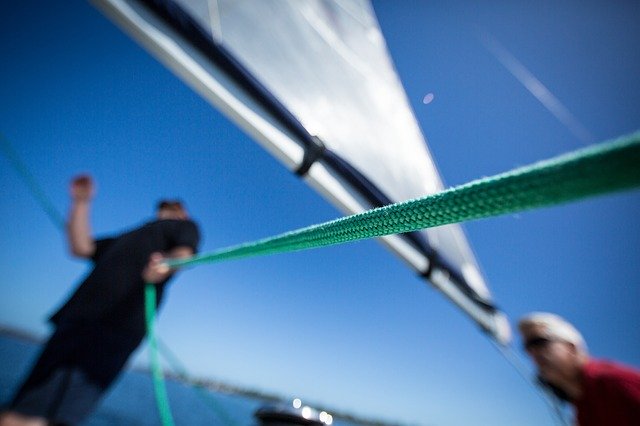We have heard of bird navigation [read Birds And Quantum Entanglement], but what about human navigation? How did Polynesian seafarers sail back to their homes despite having no compasses to point their way? How did the participants of the Manchester experiments know where their campus was located despite being blindfolded?
In this article for Aeon, cognitive neuroscientist Philip Jaekl explores the idea of human magnetism, which he refers to as magnetoreceptive sense. Jaekl maintains that the magnetic sense can be traced early in evolution and that plants, animals, and of course, humans living today are endowed with this sense. Our inability to utilize the magnetoreceptive sense in our daily lives could be due to the fact that we now have other means of navigating, namely biologically (through vision) and artificially (through maps, and lately, through our smartphones).
Implications for AI
The following article awakens us to several realities. First, despite our seeming difference from all the living creatures on this planet, humans are a product of evolution. As such, we have internalized the various developments developments of this eons-long process, enabling us to reach the summit we are at now. Second, technology is replacing our natural senses, and that the less we use our natural senses, the bigger the tendency that it will be lost to us.
Knowing these two realities, we now have to look to the future, to the new capacities that artificial intelligence is affording to us, and to the “eons-old” human capacities that may be lost because of this new technology. Without capacities of our own, we will become overly dependent of this new technology. Are we truly willing to give up our freedom that easily?
Read Original Article

Read Online
Click the button below if you wish to read the article on the website where it was originally published.

Read Offline
Click the button below if you wish to read the original article offline.
You may also like
-
Science shows power of belief: Mere suggestion of side effects is enough to bring on negative symptoms
-
What really makes you ill?
-
The current moment is an opportunity to break away from the dominant narrative of medicine
-
Gratitude can alter the human heart and molecular structure of the brain
-
Human energy fields and their implications for health
